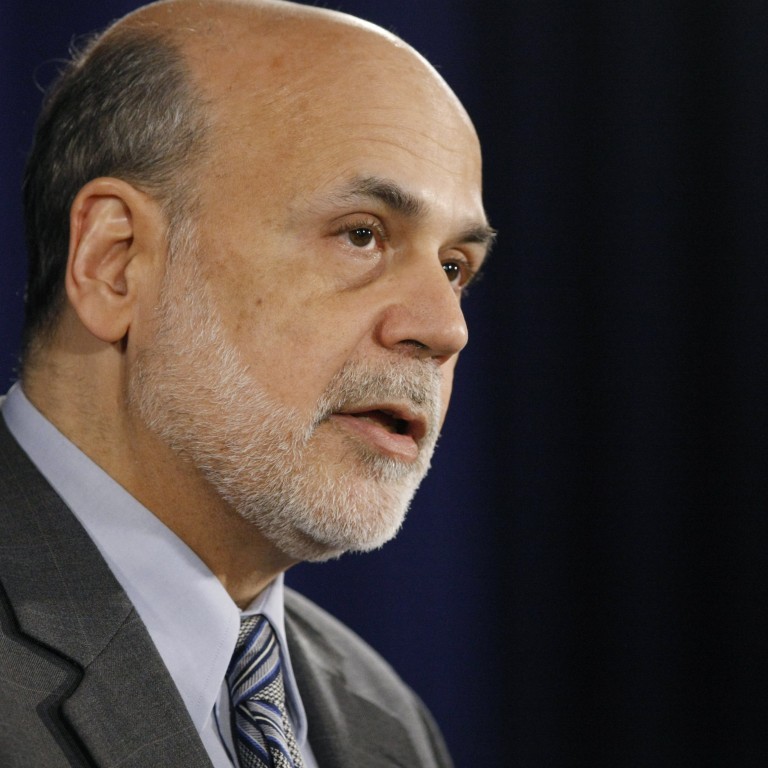
Fed has only delayed day of reckoning
Nicholas Spiro says volatility casts doubt on possibility of an orderly end to asset purchases
The deterioration in the communication skills of the world's leading central banks was thrown into sharp relief last week when the US Federal Reserve stunned financial markets by deciding not to start winding down, or "tapering", its programme of quantitative easing. Having done nothing to dispel expectations since late May that it would start reducing its asset purchases this month, the Fed's inaction has injected further uncertainty into the conduct of US monetary policy.
To be fair, the Fed never committed itself to a "Septaper", as it has been dubbed in the markets. It has made it clear that any reduction in asset purchases would be data-dependent, meaning an improvement in the labour market, a pick-up in growth and inflation returning to target. While the data since then was not sufficiently poor to preclude a "Septaper", the Fed held off because of other reasons: the sharp rise in long-term borrowing costs triggered by the "taper" and the risk of another US fiscal debacle at the end of this month.
While few dispute that the Fed is right to be cautious about withdrawing monetary stimulus, confidence in its guidance has been undermined while the difficulties in exiting its asset purchase programme in a more or less orderly manner have been laid bare. It is now going to be even more difficult for the Fed to reduce its asset purchases without another market-driven rise in interest rates, forcing it to hold off again. From a market expectations standpoint, last week was an opportune time for the Fed to taper.
The Fed's extreme dovishness also carries risks for emerging markets, which have been on the sharp end of the fallout from the expected taper and are now the biggest beneficiaries of the Fed's decision to hold off. According to EPFR Global, a data provider, emerging market bond funds enjoyed inflows last week, reducing redemptions to just US$240 million - the smallest weekly outflows since the sell-off began in late May. India's rupee and Turkey's lira, two of the worst-performing currencies of late, rallied sharply last week.
All of a sudden, markets are turning much more bullish on emerging markets - albeit for purely technical reasons. Investors would be well advised to continue to distinguish between vulnerable emerging markets which are heavily reliant on capital inflows and those whose underlying economic fundamentals remain strong. The Fed's decision to delay scaling back its asset purchases has simply put off the day of reckoning.
All this makes for volatile trading conditions in the coming months, made even more uncertain by the prospect of another fiscal showdown in Washington at the end of this month.

